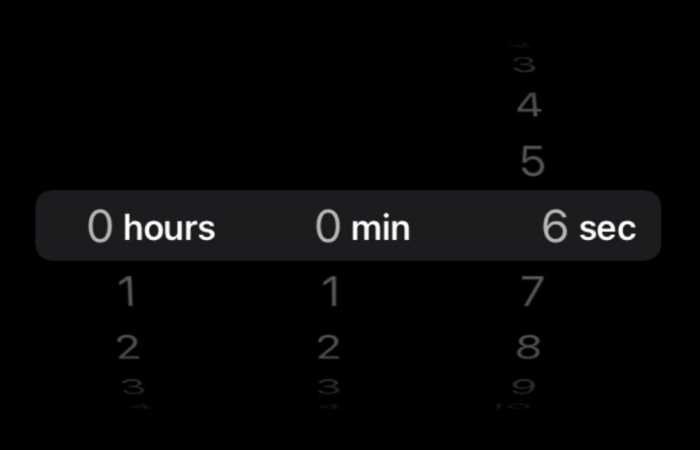Many believe the role of a Quality Assurance (QA) engineer consists only of writing test plans and banging on keys. No skills required other than reading a user manual and checking boxes. In reality, the job is much more complex, requiring a unique combination of technical skills and human traits.
What Does A QA Engineer Do?
Quality Assurance Engineers are responsible for assessing the quality of specifications and technical design documents in order to ensure timely, relevant and meaningful feedback. They are involved in planning and implementing strategies for quality management and testing.
9 Essential Skills for QA Engineers
Curiosity
An inquisitive mind is an essential quality for QA engineer. The QA engineer wants to know how the software works, strives to understand the user experience with the software, and thinks outside the box to find defects where no one else would think to look. A favorite question of the QA engineer during this process is “What if?”. But the successful QA engineer does not stop there. When defects are found, curiosity drives the QA engineer to identify the root cause and determine a way to repeat the offending act so that developers can determine the correct fix.
Software Testing Knowledge
In today’s world there are a huge number of testing techniques black box testing, performance testing, security testing, penetration testing and unit testing are just a few examples. Time, budget, business priorities, application type and user best-interest all play a part in which techniques to choose, therefore it is vital the modern-day QA Engineer have a complete understanding of available techniques, which techniques to apply and why.
Technical Skills
Having at least a fundamental understanding of application development and programming is essential for several reasons:
- Delivery schedules generally don’t allow time for training the QA engineer on an application, therefore the QA engineer must be able to teach themselves.
- Understanding the environment, the system architecture and operation system helps the QA engineer more thoroughly test, investigate and identify defects and vulnerabilities and be better able to communicate that information to developers.
- In order to execute automated testing tools and some testing techniques, some kind of script writing or coding on the part of the QA engineer is generally required.
Creative and Critical Thinker
Defects and vulnerabilities are not documented in the user manual, so just performing “happy path” testing will not uncover these issues. Creativity is needed to design testing scenarios that will likely not only expose defects and vulnerabilities in existing functionality but also identify what may be missing.
Identifying defects and vulnerabilities is only half the work. The QA engineer also needs to understand business objectives and priorities to understand how small details fit into the bigger picture and thus properly prioritize not only testing efforts but any defects or vulnerabilities found during testing.
Analytical and Problem-Solving Skills
An experienced QA engineer has the ability to use logic and reasoning, along with knowledge of application architecture and user perspective, to identify possible areas of strengths and weaknesses in the overall application then design testing scenarios appropriately.
Once a defect or vulnerability is identified it needs to be diagnosed, meaning identifying the precise environment and steps that cause the issue. Without this knowledge developers cannot design and implement the correct fix. The QA engineer must be able to sort through the details to identify the relevant information needed to reliably replicate the issue so it can be properly corrected.
User-Oriented Perspective
It is essential that the QA engineer understand who the user is, their habits, and how the application is useful to them as well as understand the purpose of the application. This knowledge allows the QA engineer to design more real-life and real-time testing scenarios, for example is the application used only by medical staff or hotel staff, or are there peak usage times for holidays or registration. A knowledgeable QA engineer will always preserve the user experience and satisfaction.
Time Management Skills
Exhaustive testing is impossible, time and budget does not allow for that so the testing strategy is an exercise in risk management. Striking a balance between what needs to be done now and what can wait with respect to deadlines, objectives and goals, and staying organized throughout the development lifecycle is a key trait for success as a QA engineer.
Effective Communication
The QA engineer must be an effective and versatile communicator. Effectively communicating means writing or speaking clearly when expressing their thoughts or ideas whether that’s declaring a bug has not been fixed, asking for clarification on an ambiguous requirement or discussing business risks and deadlines. Versatile means communicating with both technical and non-technical team members.
People Skills
Quality Assurance is all about finding defects and vulnerabilities, in other words, exposing other people’s mistakes. For the QA engineer this task requires diplomacy so that those whose mistake was exposed do not feel like they are being blamed. There is no faster way to create a hostile team environment than have others believe QA only exists to make them look bad.
It is not uncommon for QA to be blamed for every delay in the development cycle. Management will apply pressure to meet deadlines regardless of quality. Developers will apply pressure to accept code or fixes that do not pass testing. The QA engineer needs to know how to navigate this kind of pressure, understanding when to stay strong, when to negotiate and when to retreat, without compromising application quality.
Everyone has a love-hate relationship with the QA Engineer. They expose mistakes made by others and delay releases with their findings yet their presence ensures the user has a positive experience with the organization, digital assets are protected and therefore enhance the organization’s reputation and bottom line. In other words, a vital part of any development team.






